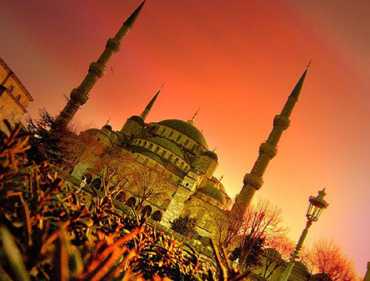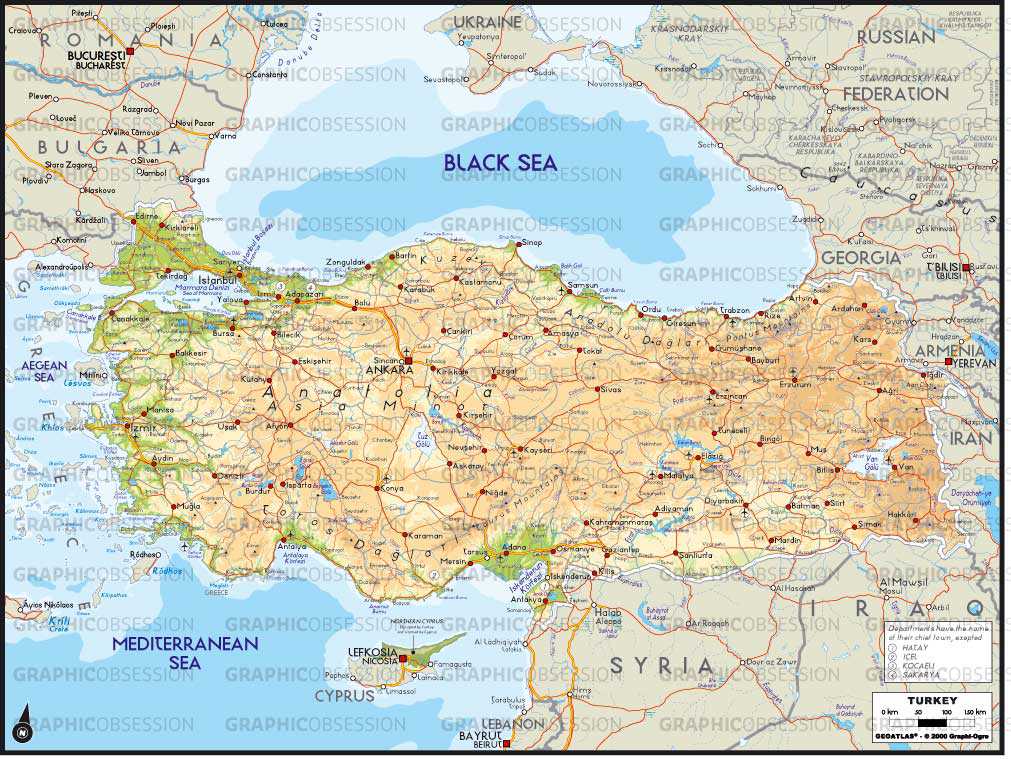Dorian Jones
October 26, 2012
MOR GABRIEL, TURKEY — Turkey is home to Syriac Christians, whose followers extend across the Middle East. In the 1990s, many Syriac Christians fled Turkey during years of fighting between the Turkish state and Kurdish rebels. In the last few years, they have been returning. But a series of court cases against the ancient monastery of Mor Gabriel, in southeastern Turkey, has put their return increasingly in doubt.
For 1,600 years, the bell at the Syriac Orthodox Mor Gabriel Monastery has called people to prayer. The ceremonies are conducted in Aramaic, a language spoken at the time of Christ.
Syriac Christian monks attend a service in Mor Gabriel monastery in southeastern Turkey.
The building and region around it have survived invasions by Persians, Arabs, Mongols, Kurds and Turks, going back more than 1,000 years.
But there is a relatively new battle. A ruling by Turkey’s highest court in favor of the Turkish state over the monastery’s land has cast doubt about its future, says the Mor Gabriel Foundation, which runs the monastery.
Christians have been living on these lands for thousands of years, said Kuryakos Ergun, the foundation’s head. He doesn’t know what to think of all the competing legal disputes because they are Syriac Christians.
According to Ergun, the court lost documents proving the ownership of the monastery land and the judges demanded witnesses of 120 years ago to prove the monastery’s case.
The state has opened six more cases in the last four years. Another concern is a local state prosecutor investigation into whether the monastery was built on top of a mosque, even though the monastery was founded almost 200 years before the birth of the Prophet Muhammad.
Demands on the land have also been filed by neighboring Muslim villages like Yayvantepe. Ismail Erkal heads the village and warns the dispute with the monastery is getting increasingly tense.
At one time the Muslims and Christians were close and even attended each other’s funerals, but now injustice is being done, Erkal said.
The controversy comes as Syriac Christians started returning – helping to rejuvenate the region, including the main town of Midyat, where the monastery in located.
The overwhelming majority had fled to Europe and the United States during the 1990s at the height of the conflict between the state and Kurdish rebel group PKK that often saw them caught in the middle, according to local lawyer Rudi Sumer, who is defending the returning Christians facing legal challenges.
Surrounding villages tried to take over the land the Syriac Christians left behind when they fled, said Sumer, and now they are claiming ownership.
Test case
The village of Kafko is a test case for some Syriacs thinking about a return. Israil Demir and his family came back seven years ago. But with tension growing – and court cases – he is not sure he would make that decision today.
Demir said he brought his family back to set and example so the Syriac Christians would not vanish into history. But he said he is not sure if he would make that decision today.
At the monastery, there is growing frustration with the governing AK party, which officially has been promoting the return of Christians to the region. Religious rights are a key demand of the European Union, which Turkey is aspiring to join.
Questioning the government
Many Syriacs feel their legal problems are raising question marks over the government’s intentions, said Isa Dogdu, an assistant to the monastery’s bishop.
“They felt that something is not sincere in these developments On the one side they encourage [us] to come back or show signs of encouragement. But these court cases are a way maybe of discouraging people – a kind of intimidation.”
Turkish President Abdullah Gul has promised to look into the ongoing controversy.
Turmoil in the region has caused ancient Christian populations to collapse. Until now, Turkey was bucking that trend but with the growing legal uncertainties, the future is more clouded than ever.
via Legal Issues Cast Doubt on Return of Christians to Turkey’s Southeast.


